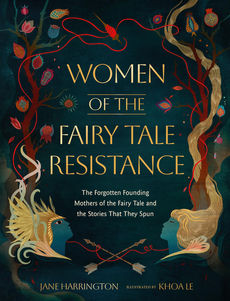top of page
.png)
Upcoming Speaker Series Events
Upcoming Signature Events

 Sat, May 16The Writer's Center TheaterJoin The Children's Book Guild of Washington, D.C. in a dynamic conversation with three editors that have made their own impact in the world of children's books!
Sat, May 16The Writer's Center TheaterJoin The Children's Book Guild of Washington, D.C. in a dynamic conversation with three editors that have made their own impact in the world of children's books!
Explore Past Speaker Series Events

 Wed, Feb 04Zoom MeetingA special evening webinar with Newbery Honor winner Andrea Wang on Wednesday, February 4th from 6:30-8pm. Andrea talked about her new long format picture book, Worthy: The Brave and Capable Life of Joseph Pierce and gave us a behind-the-scenes look at what went into writing it.
Wed, Feb 04Zoom MeetingA special evening webinar with Newbery Honor winner Andrea Wang on Wednesday, February 4th from 6:30-8pm. Andrea talked about her new long format picture book, Worthy: The Brave and Capable Life of Joseph Pierce and gave us a behind-the-scenes look at what went into writing it.
Youth Literacy Grants Nominees Needed
For the last eleven years, the Children’s Book Guild has awarded grants to schools to purchase books for their libraries, media centers, or classrooms. In 2025 we chose 6 schools: Cooper Lane Elementary School, in Prince George's County; and Malcolm X, Miner, Nalle, Savoy, and Turner Elementary Schools in Washington, DC. Each school will receive a grant of $500 to buy books from the First Book Marketplace. Do you have any possible nominees? Please email Kem Sawyer with your recommendation.
bottom of page


























